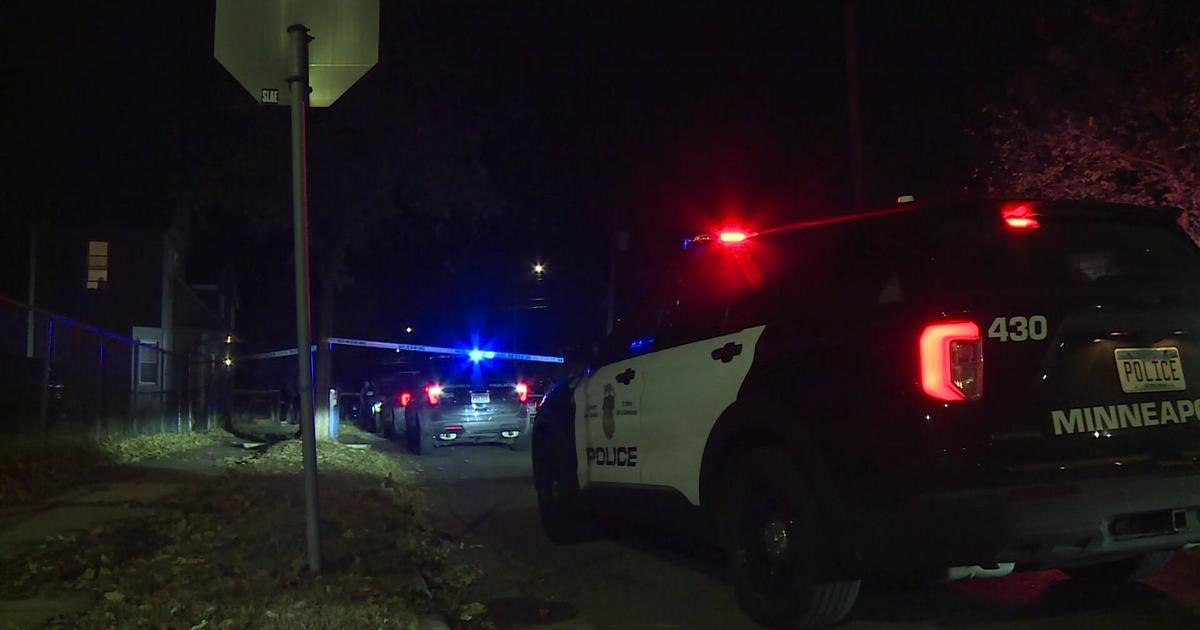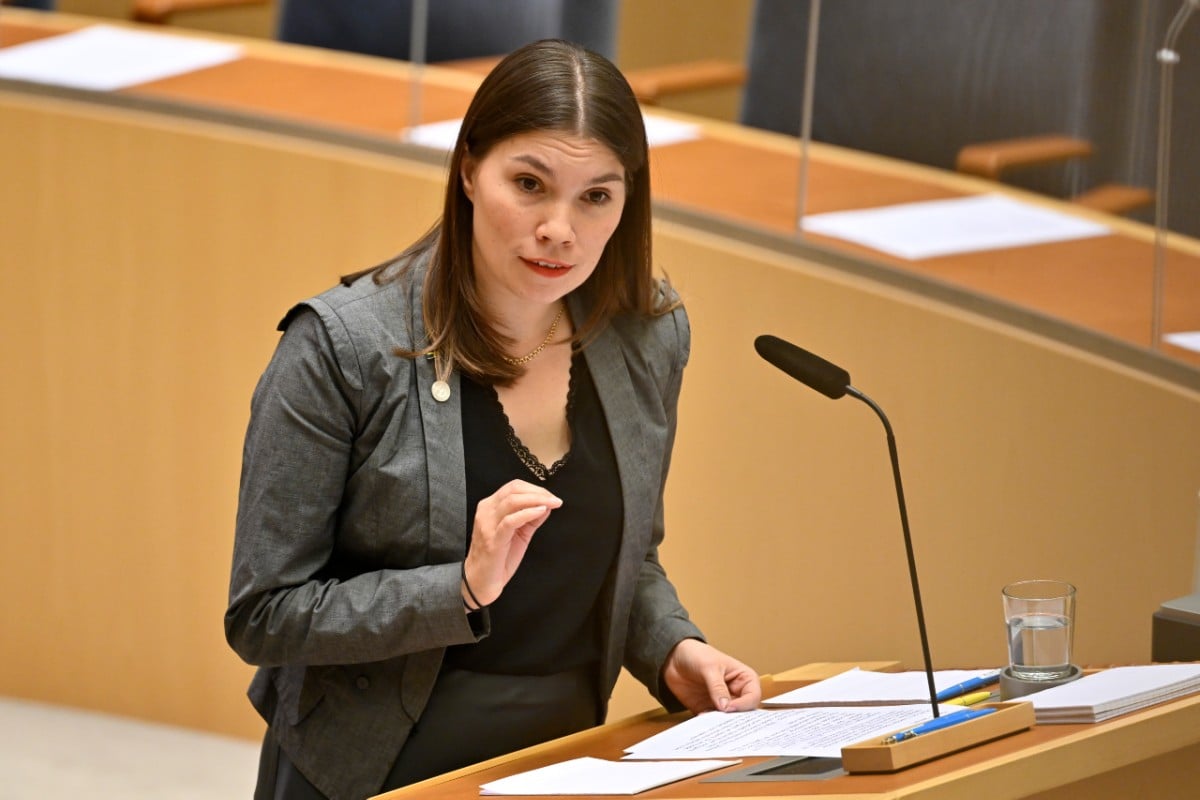Thailand lets autocratic neighbors hunt down opponents on its soil
Bangkok has turned a blind eye to the actions of the security forces of other states since a 2014 military coup.
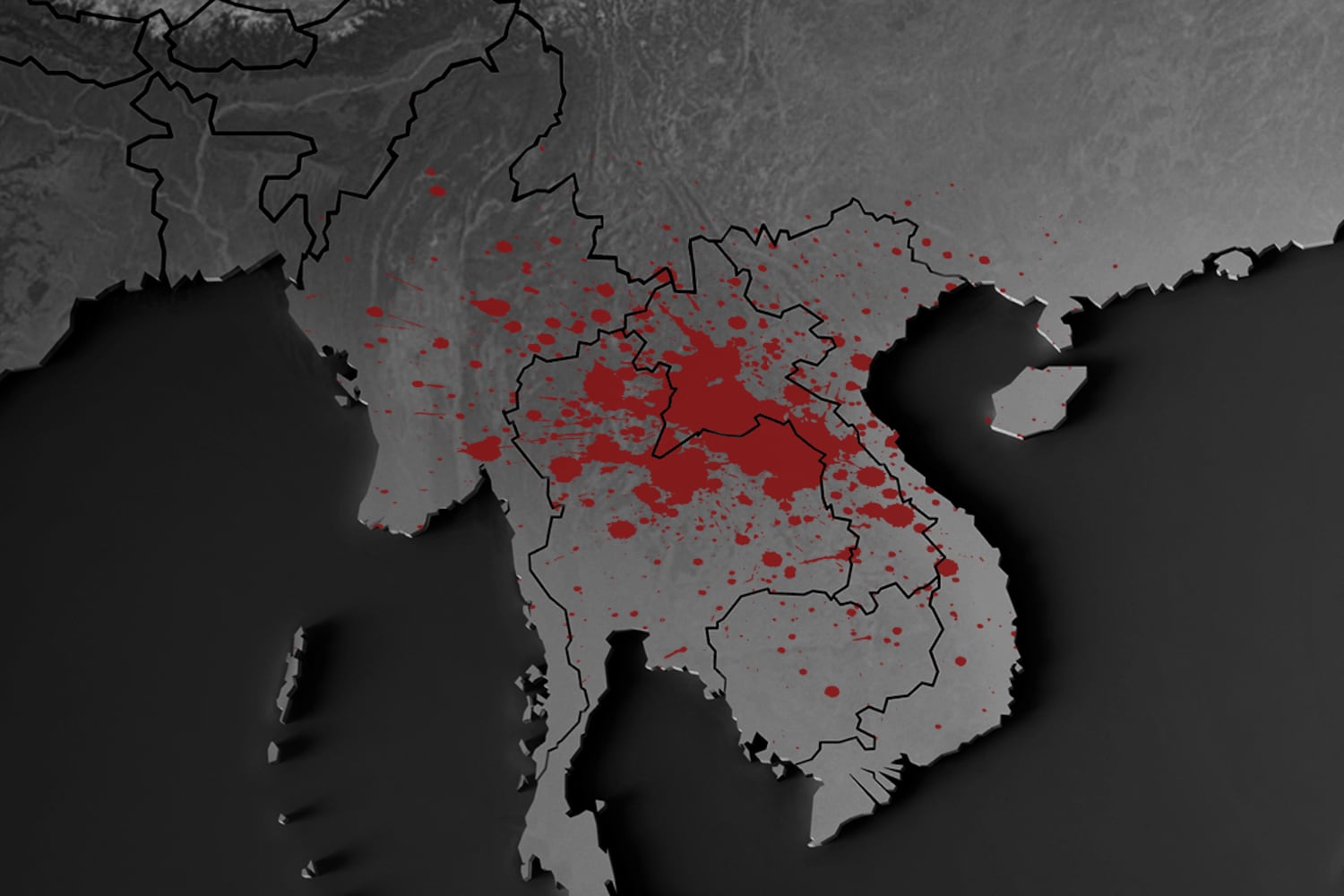
Even by Cambodian standards, it was a brazen attack on an opposition figure.
Lim Kimya, a 73-year old member of the banned Cambodia National Rescue Party, or CNRP, was gunned down by an assassin in Bangkok on Jan. 7.
The hit was the latest in a growing pattern in which governments in Southeast Asia are complicit in the killing or rendition of opposition figures from neighboring countries –- or at least turn a blind eye to extralegal operations of their security forces within their borders.
This has been going on for years, but with little official accountability, the security forces appear to be acting with more impunity, and often in violation of the international legal norm of non-refoulement.

At the heart of this is Thailand, a magnet for migrants or refugees from its poorer neighbors whose government is increasingly willing to work with its authoritarian neighbors, or is unable to prevent other security services from conducting operations on its soil.
Chinese security forces have long targeted dissidents in Thailand, such as Gui Minhai, who was snatched from his holiday home in Pattaya in 2015, or Li Xin, who went missing in the country a year later.
In both cases, it’s unclear the degree of Thai government complicity, but Bangkok’s decisions reflect the vast asymmetry in power between China and Thailand.
There’s no such power imbalance among Southeast Asian states, though.
In a recent report, Human Rights Watch has described the traffic in targeted dissidents as a “swap mart.”
There is no evidence that there are formal agreements between and among the countries, but there’s clearly a lot of informal cooperation.
Lao authorities, for example, notoriously disappeared rural development expert Sombath Somphone in December 2012 after taking him into police custody, and attempted to kill Anousa Luangsouphom in April 2023.
Quid pro quo
But less well known is their targeting of Free Lao activists on Thai soil.
In August 2019, a 34-year old Thai-based Lao activist, Od Sayavong, and his housemate went missing from his home in Bangkok. Thai authorities pled ignorance in the case and their investigation has stalled.
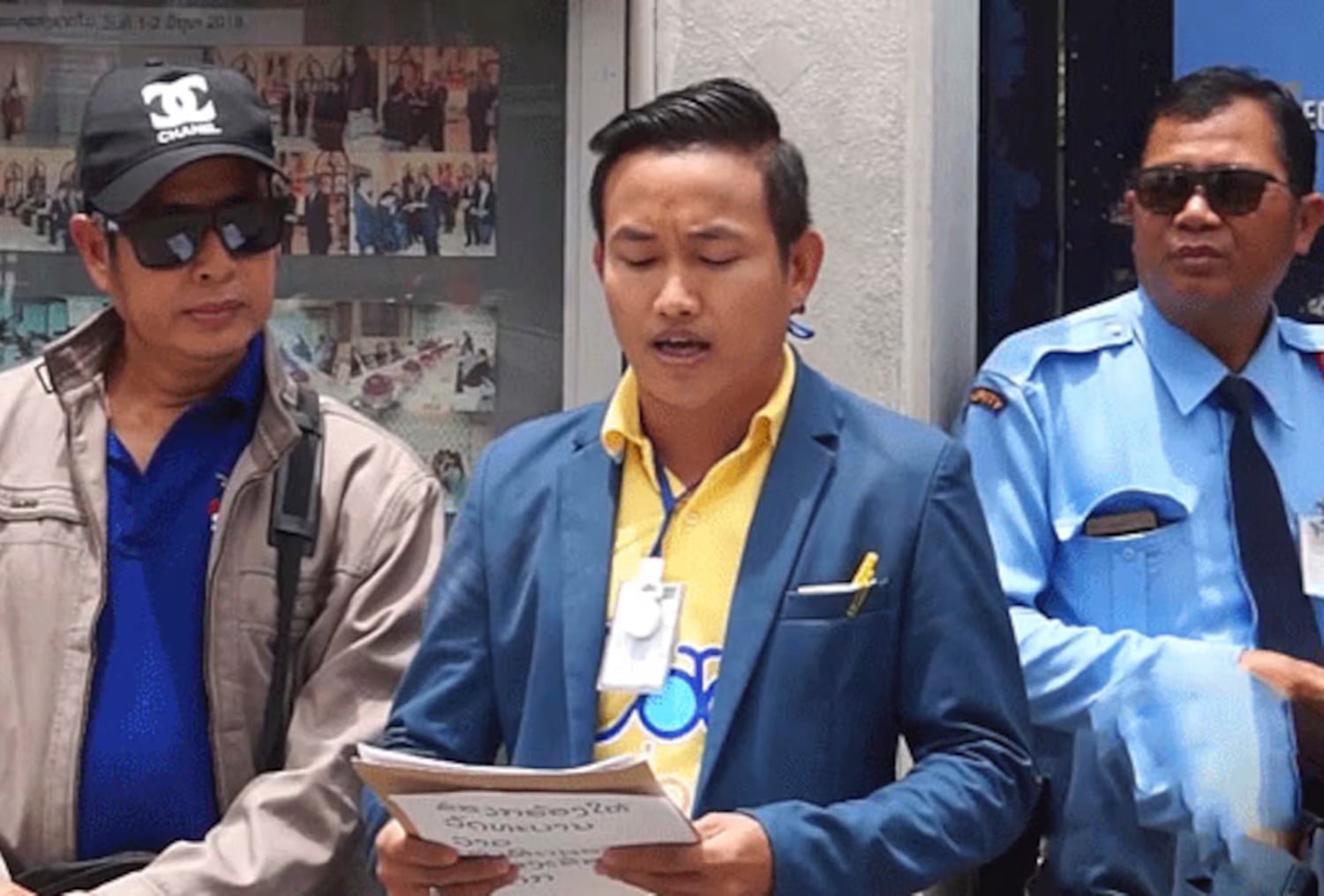
In May 2023, Kitiyano Bounsuan, a 56-year-old Thai-based Lao democracy activist who had received UNHCR refugee status, was gunned down in bordering Ubon Ratchathani province.
These incidents may represent a quid pro quo between Bangkok and Vientiane.
Following the Thai military’s May 2014 seizure of power, a number of democracy activists fled to Laos.
During an April 2018 visit to Bangkok, Lt. Gen. Souvone Leuangbounmy, the chief-of-staff of the Lao People’s Armed Forces, pledged assistance to Gen.Prayuth Chanocha in tracking down Thai activists.
Disappearing activists
That help was already ongoing. In June 2016, the Thai anti-monarchy activists Ittapon Sukpaen disappeared; in 2017, Wuthipong Kachathamakul was abducted and never seen again.
In January 2019, the bodies of two other anti-monarchy activists, Chatcharn Buppawan, 56, and Kraidej Luelert, 46, washed up on the Thai bank of the Mekong River.
The two bodies were handcuffed and their feet bound, and they had been disemboweled, with their stomachs filled with concrete in order to sink the corpses.
One other activist, Surachai Danwattananusorn, 78, went missing at the same time, but his body has never been found.
In 2020, a Thai activist, Wanchalearm Satsaksit, was snatched from the streets of Phnom Penh.
Just last November, Thailand deported six members of the CNRP -- four women and two men, along with a child -- back to Cambodia. The six had escaped Cambodia in 2022, and were immediately charged with treason upon their return.
There is less cooperation between Kuala Lumpur and Bangkok.
Malaysian security forces have become displeased with the human rights abuses, extrajudicial killings, and overall lack of accountability of Thai security forces in Thailand’s deep south, where ethnic Malay separatists have been waging a low-level insurgency for 21 years.
Nonetheless, sometimes there is a bit of Thai-Malaysian cooperation.
In September 2021, Thai authorities arrested and returned Nur Sajat, a Malaysian transgender entrepreneur, who was wanted by authorities for failing to appear before a sharia court on charges of insulting Islam.

This is all the more surprising given Thailand’s very progressive attitudes and laws on LGBTQ issues, and Malaysia’s draconian policies, including forced conversion therapy.
Helping Hanoi
No country has benefitted more from Thai cooperation or a blind eye in recent years than Vietnam.
In January 2019, Thai authorities detained Radio Free Asia blogger Truong Duy Nhat, who was in the process of applying for refugee status, and turned him over to Vietnamese police, who spirited him across the border to Laos and then Vietnam.
Thai authorities have denied involvement.
In March 2020, a Vietnamese court sentenced Nhat to 10 years for fraud, dating back to a nearly two-decade old investigation into the purchase of land for the newspaper’s office when he was editor at Dai Doan Ket, a state-owned paper in Danang.
Nhat had fled to Thailand in 2016 after serving a two-year prison term for “abusing democratic freedoms,” after writing blog posts that were critical of the Communist Party.
In April 2023, Vietnamese security forces allegedly abducted an exiled journalist, Duong Van Thai, 41, from outside of his house in northern Bangkok. Security cameras captured his shrieks.
Thai had fled to Thailand in 2019 fearing persecution, and like Nhat, was in the process of applying for refugee status.
Thailand’s ostensible democracy
While Vietnamese authorities may be chastened about trying more snatch-and-grabs from the streets of Germany, they clearly feel they can act with impunity or tacit approval in Southeast Asia.
Vietnamese authorities have also pursued legal extraditions.
In mid-2024, Thailand returned an ethnic minority Montagnard activist to Vietnam. Y Quynh Bdap, 32, had been living in Thailand since 2018 and had received UN refugee status.
Last October, a Thai court authorized his extradition, despite the fact that he faced a 10-year sentence after being tried and convicted in absentia of “terrorism” charges.
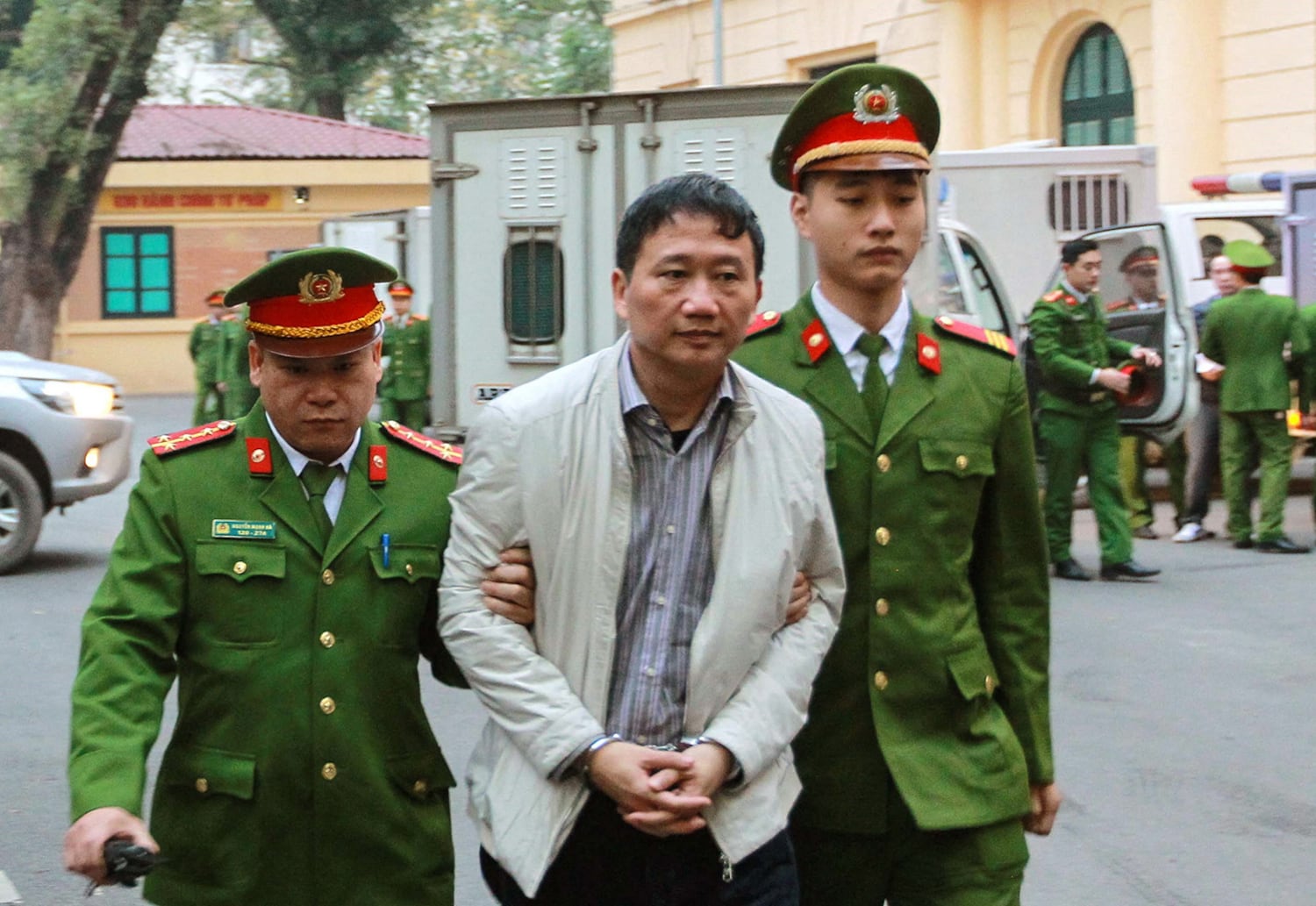
Even more alarming, last March, a group of police from the Central Highland provinces of Dan Lak and Gia Lai were in Thailand conducting interviews in Montagnard refugee communities, trying to learn of Bdap’s whereabouts and to pressure the asylum seekers to return to Vietnam.
It is unlikely that Vietnamese police could have operated so overtly without the approval and support of Thai security forces.
In January 2024, nearly 100 Montagnard suspects were put on trial and convicted for riots that killed nine people, including four policemen, and resulted in the burning of commune offices. Some 53 of them were convicted on charges of “terrorism against the people’s government.”
While we should not be surprised by the actions of Lao, Cambodian or Vietnamese security forces, Thailand is ostensibly a democracy.
Since the 2014 military coup in Bangkok, however, Thai authorities have either been complicit or turned a blind eye to the actions of the security forces of neighboring authoritarian countries.
The elected Thai government of Paetongtarn Shinawatra is already on its back feet after the courts ousted her predecessor Srettha Thavsin.
Under military pressure, no Thai government can afford to be seen as anti-monarchy in any way.
To ensure access to exiled Thai anti-monarchists, Thailand has chosen to remain at the center of this informal compact to target neighboring dissidents.
Zachary Abuza is a professor at the National War College in Washington and an adjunct at Georgetown University. The views expressed here are his own and do not reflect the position of the U.S. Department of Defense, the National War College, Georgetown University or Radio Free Asia.
RELATED STORIES
Lorem ipsum dolor sit amet, consectetur adipiscing elit









